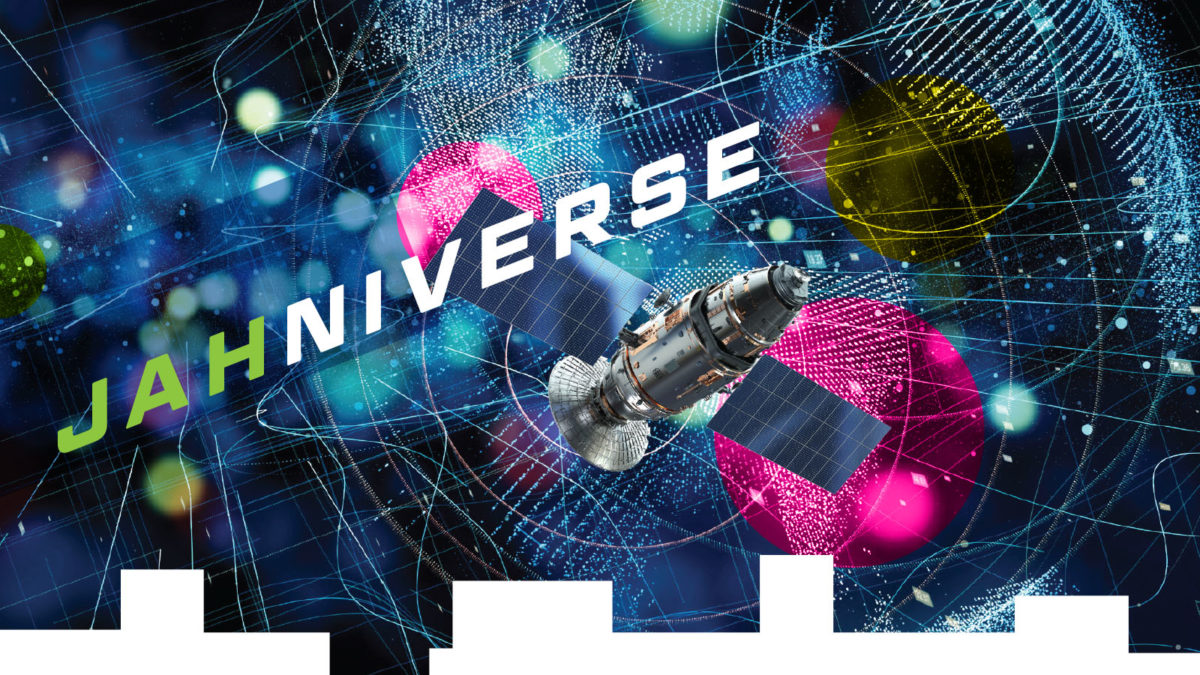Training to serve means more than building a skill set
By Moriba Jah|September 2022
Those who have fully committed themselves to being of service to humanity do more than just show up for duty. Whether they are scientists and engineers in the aerospace field, or first responders and religious leaders, each brings their mind, body and spirit to bear.
One’s mindset is the starting point for this preparedness. In my career as a space environmentalist at the University of Texas at Austin and Privateer Space, the company I co-founded last year, I have come to view myself as a servant. The servant’s ethos has become my essential guide. I know I must prepare myself above and beyond any requirements or expectations spelled out anywhere, and I must do what I can to keep my ego in check. I prepare by training — learning about a given space operator’s societal culture, perhaps, or taking an online course — and also by making myself mentally, emotionally, physically and spiritually fit.
All this can, of course, be easier said than done.
On the matter of ego, the ideal that underlies a particular form of service must determine how one responds to a particular scenario as you perform that service. In essence, the ego must allow the ideal to choose the response to each instance, and it is then one’s task to simply get out of the way and not allow the ego to obstruct. Yes, I’m attributing a sort of intelligence or sentience to an ideal. As an example, if you’re a first responder, it is the drive from deep within you to help others that drives you to the edge of the possible and, some might say, into the realm of the miraculous. So giving oneself to serve is channeling this energy effectively, allowing it to interact with the world in the least hindered way possible.
Friends and co-workers often ask why in my diet I avoid sugars and focus on perishables and why I run daily. These questions always remind me of a story I heard years ago about a test pilot who trained with rigor and discipline above and beyond what many people thought was needed. When he was asked why he did this, he answered that because his purpose was to test experimental planes, he wanted to make sure that his body would never give out before the planes did. In other words, he wouldn’t be able to know a plane’s limits if somehow he broke or gave out first. The test pilot’s actions were driven by his ideal that he needed to be at least as strong as the planes he flew.
If one truly wishes to be of service and give oneself to an ideal, then one must make sure that each experience is being met and responded to by the ideal, aided and not obstructed by oneself. The pilot in this example was determined to do so. On my path, I am determined to make sure that my body, mind and spirit have the capacity to do that which I am called to serve. If I don’t train my body, mind and spirit, then I am not really dedicated to serve, and I compromise the ideal’s ability to use me as its vehicle. Diet and exercise are not just about my body. They are about my mind, my ethos. I would not feel as confident talking on a stage or to the media if I did not work out and eat well. I would not be able to travel across the globe and get off the plane to go directly to an event requiring my full attention and engagement. It’s that simple. That is how I stay centered and present. Your method might be different, but you definitely need a method.
I have lost count of the number of times I’ve been in the presence of those who claim to be of service but aren’t really committed to it. These people often radiate anger, frustration, impatience, intolerance or apathy. Outside of aerospace, we see this distorted form of service most tragically in unjustified police shootings, when officers often have not adequately emotionally prepared themselves to set aside their egos in the service of all of us equally. In aerospace, we see this failure of service born out in less tragic form when, say, an engineer cuts corners during design and testing, extrapolating results from limited data and hoping for the best instead of being responsible and rigorous.
Alternatively, when I’m in the presence of those who have fully trained and prepared themselves to serve, their performance leaves no doubt that they’re engaged in meeting their chosen purpose. Commitment to an ideal, rather than ego, drives their actions.








